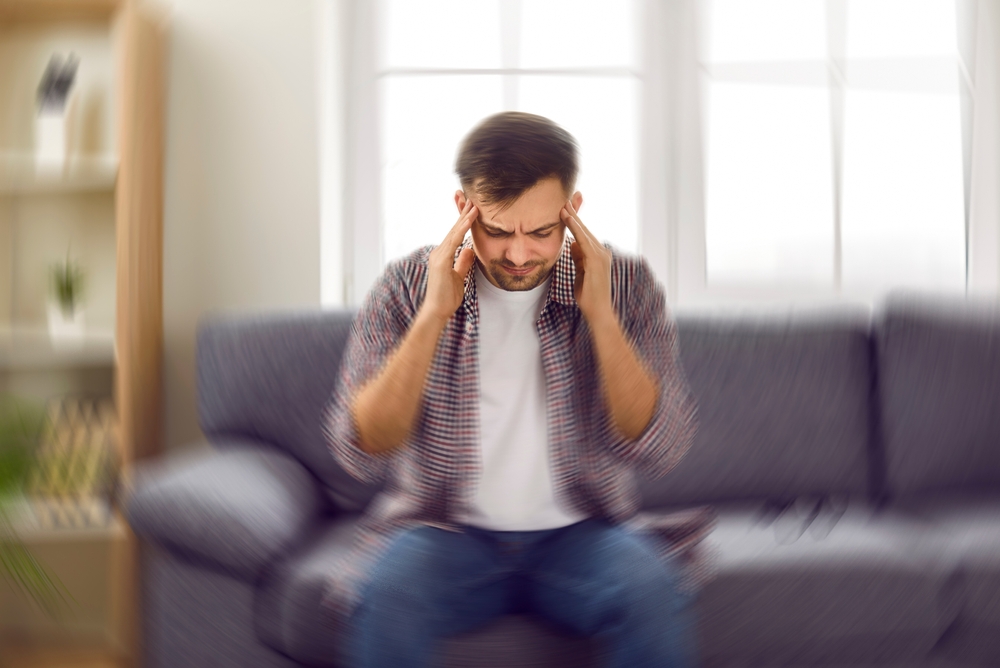
The vestibular system is a crucial part of our body that helps maintain balance, spatial orientation, and coordination. Located in the inner ear, it sends signals to the brain about head movements, posture, and body position. When this system isn’t functioning properly, it can lead to a condition known as vestibular dysfunction, which can significantly impact quality of life.
Understanding Vestibular Dysfunction
Vestibular dysfunction occurs when there is a problem with the vestibular system, impairing its ability to relay accurate information to the brain. This dysfunction can affect people of all ages but is more common in older adults.
Vestibular dysfunction can manifest in several ways, including:
• Dizziness or Vertigo: A spinning sensation or feeling unbalanced.
• Nausea: Often associated with motion sickness or dizziness.
• Difficulty Walking or Standing: A lack of coordination or stability.
• Visual Disturbances: Problems focusing or tracking objects with your eyes.
• Chronic Fatigue: Feeling exhausted due to the body’s effort to compensate for the balance issues.
• Hearing Problems: Tinnitus (ringing in the ears) or hearing loss in some cases.
These symptoms can interfere with daily activities, making it difficult to work, drive, or even walk without assistance.
What Causes Vestibular Dysfunction?
The causes of vestibular dysfunction vary but often include:
• Inner Ear Infections: Conditions like labyrinthitis or vestibular neuritis.
• Head Injuries: Concussions or trauma to the head can damage the vestibular system.
• Aging: Natural degeneration of the inner ear structures.
• Meniere’s Disease: A chronic condition affecting the inner ear.
• Neurological Disorders: Issues such as migraines or multiple sclerosis can impact balance.
In some cases, the exact cause may remain unknown.
Diagnosing Vestibular Dysfunction
Diagnosing vestibular dysfunction typically involves a combination of medical history evaluation, physical exams, and specialized tests. These tests may include:
• Balance Assessments: Evaluating your posture and stability.
• Hearing Tests: Identifying any hearing-related issues.
• Vestibular Testing: Measuring inner ear function with tools like videonystagmography (VNG) or rotary chair tests.
A thorough diagnosis is essential to creating an effective treatment plan.
Treatment Options for Vestibular Dysfunction
Treatment for vestibular dysfunction depends on the underlying cause and severity of the symptoms. Common approaches include:
• Vestibular Rehabilitation Therapy (VRT): A personalized exercise program designed to improve balance, reduce dizziness, and strengthen the vestibular system.
• Medications: Prescriptions to manage nausea, dizziness, or inflammation.
• Lifestyle Adjustments: Avoiding triggers like excessive screen time or rapid head movements.
• Surgery: In rare cases, surgical intervention may be necessary.
Early intervention can help minimize the impact of vestibular dysfunction and improve long-term outcomes.
Get in Touch with Eye Therapy Vision Rehabilitation Center Today
Vestibular dysfunction is a condition that can profoundly disrupt your daily life, but understanding its causes, symptoms, and treatment options is the first step toward recovery. With proper care and guidance, many individuals can regain their balance and live a full, active life. At Eye Therapy Vision Rehabilitation Center, we specialize in diagnosing and treating vestibular dysfunction with a holistic approach tailored to your unique needs.
If you or a loved one is experiencing symptoms of vestibular dysfunction, contact Eye Therapy Vision Rehabilitation Center to schedule a consultation and learn how we can help you achieve better balance and well-being. Visit our Lantern Lane location in Houston (713) 324-8889, Sealy office (281) 404-9191, Energy Corridor (281) 741-7295, or Pasadena, Texas (281) 445-2021 to book an appointment today.






